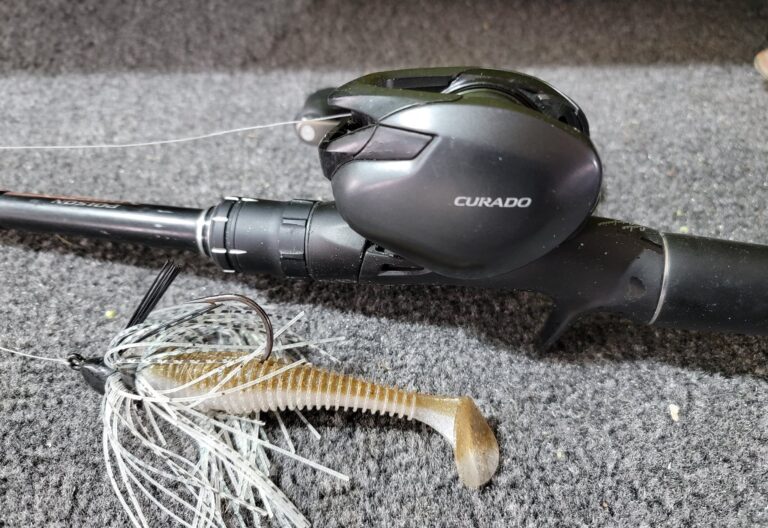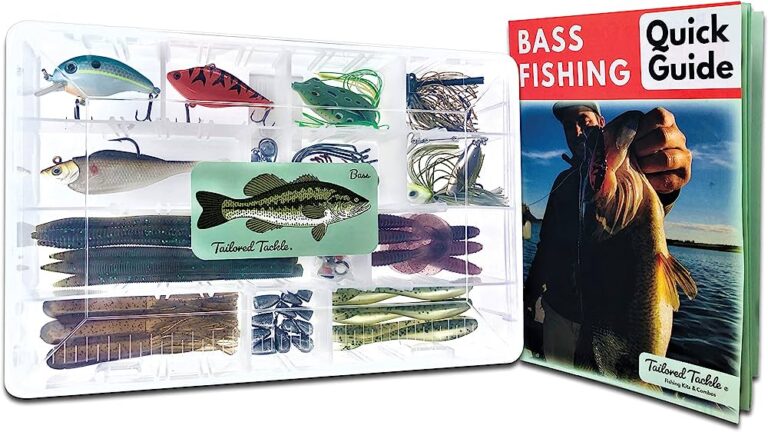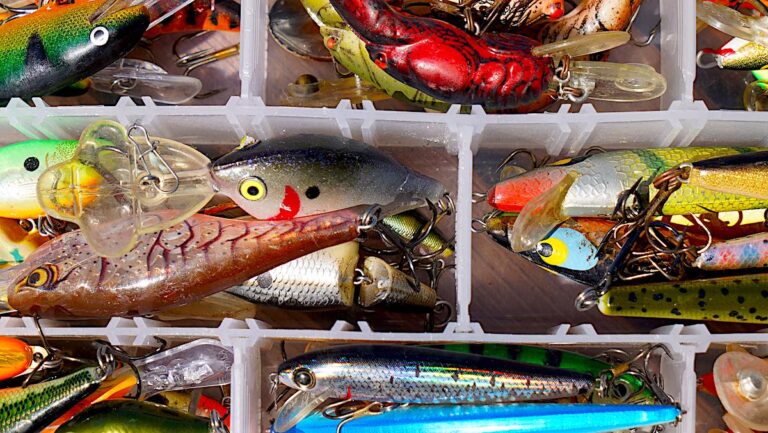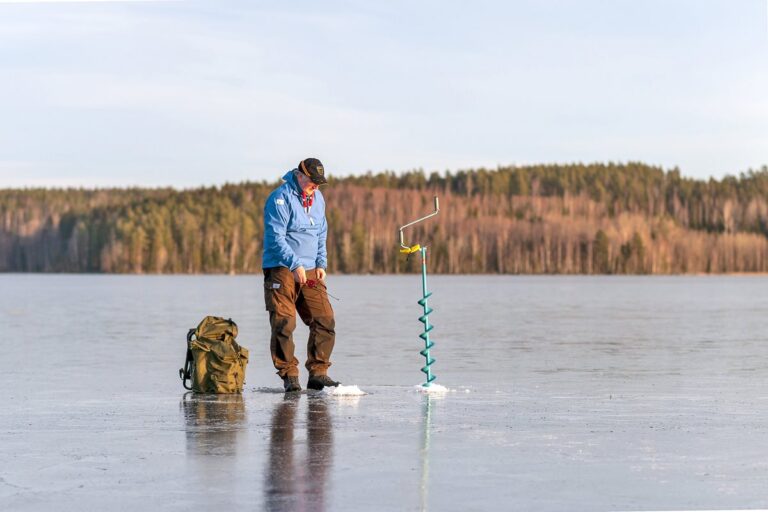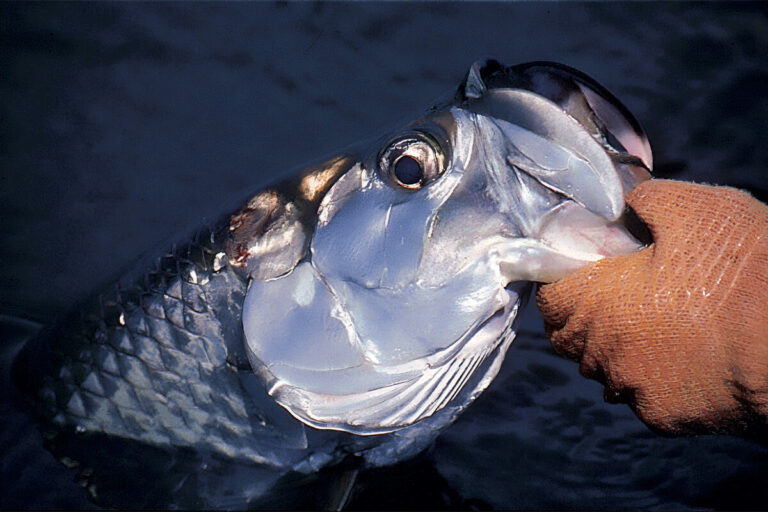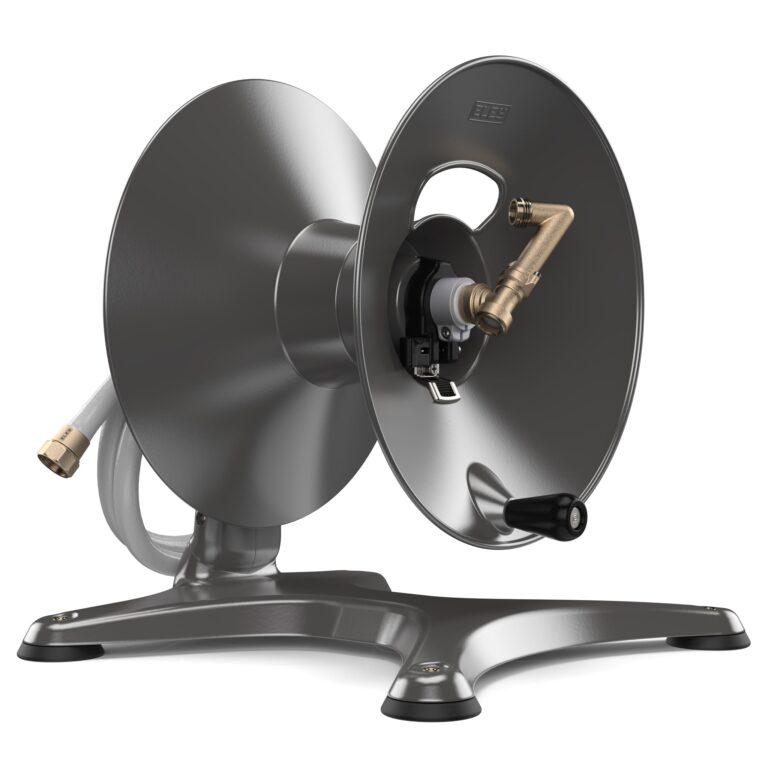To prevent line twist on spinning gear, use a high-quality braided line, tie a good knot, avoid overfilling the spool and engage the bail manually. Spinning gear has become the preferred tool for most anglers due to its simplicity and incomparable efficiency.
However, this innovative tool comes with its own problems, including line twist. Experienced anglers know that line twist can cause a range of problems such as tangles, knots, and reduced casting abilities. Line twist can occur due to various reasons, including heavy lures, excessive casting or poor line management skills.
In this article, we’ll provide top tips to help you eliminate line twist and maintain a smooth fishing experience.

Credit: fishingbooker.com
Understanding The Causes And Effects Of Line Twist
As an angler, one of the most frustrating things is dealing with line twist. When your fishing line gets twisted, it can cause tangles, knots, and even disturbances in the water that scare off your prey. Understanding the causes and effects of line twist can help you prevent this problem in the first place, or at least tackle it effectively when it does occur.
Common Reasons For Line Twist
Line twist occurs when line twists during retrieval, casting, or even when it is still in the spool. Here are some of the most common reasons that cause line twist:
- Spooling too much line: Spooling too much line can cause a twist because the line is not properly winding onto the reel.
- Casting with too much force: Casting with too much force can cause the line to twist because the force overpowers the line and causes it to bunch up.
- Using the wrong fishing reel: Using the wrong fishing reel can also cause line twists, especially if it is not suited to the type of line that you are using.
- Cross-wind: Cross-winds can cause line twists because they force the line to move in ways that it wouldn’t otherwise.
Effects Of Line Twist
As mentioned earlier, line twist can cause tangles, knots, and disturbances in the water that scare away fish. Here are some more consequences of line twist:
- Decreased casting distance: Line twists can cause the line to bunch up and become more difficult to cast, which can decrease your casting distance.
- Reduced sensitivity: Line twists can also cause the line to become less sensitive, which can make it difficult to feel when a fish bites.
- Reduced line strength: Line twists can weaken the line, which can cause it to break more easily when under tension.
- Reduced reel life: Line twists can also cause damage to the reel, resulting in reduced reel life.
Now that you understand the causes and effects of line twists, you can take measures to avoid them. Whether it’s spooling less line, using the right reel, or adjusting your casting technique, try to keep these tips in mind to prevent line twist and maximize your chances of reeling in that big catch.
Spinning Gear Maintenance: A Key Aspect To Prevent Line Twist
Spinning gear is one of the most commonly used fishing equipment, but it’s not without its flaws. One of the most frustrating issues that anglers face when using a spinning reel is line twist. Line twist occurs when the line twists around the spool or the line roller, causing it to tangle and reduce casting distance.
Fortunately, line twist can be prevented by proper maintenance of spinning gear. Here are some tips on how to maintain your spinning gear and prevent line twist:
Regular Cleaning And Greasing Of Reels
As with any other kind of machinery, proper cleaning and greasing ensure the longevity and smoothen the functioning of the reels. Dirt, dust, and sand can build up on the spinning gear’s internal mechanisms, causing it to get jammed or malfunction.
Before cleaning spinning gear, make sure to read the manufacturer’s instructions to avoid damage to internal parts. In case you’re unsure about the instructions, take the spinning gear to a professional for cleaning and greasing. A common mistake is over-greasing, which can lead to the accumulation of and attraction to dust and debris.
Maintaining The Spool And Bail
An accessible and well-maintained spool is crucial in preventing line twist. Make sure that the spool spins freely, and ensure that it doesn’t get tangled. Additionally, make sure that the bail spring functions correctly and doesn’t cause the line to twist because of malfunctioning.
A properly maintained bail spring ensures that the fishing line doesn’t jump off the spool, aligning the line back into the spool roller after casting without causing any twist in the line.
Proper Storage Techniques
Proper storage of spinning gear is essential in preventing line twist. Always store spinning gear in a dry and clean area to avoid dust and debris from getting into the spinning gear’s internal structure. Furthermore, make sure to store the spinning gear flat or vertically to prevent damage to the spool, thereby preventing the formation of twists.
Proper maintenance of spinning gear is key to avoiding line twists. Regular cleaning, greasing, maintaining spool and bail, and storing the spinning gear correctly can go a long way in the prevention of line twist. By following these tips, you can significantly enhance the longevity and effectiveness of your spinning gear.
Happy fishing!
Conclusion
After going through the tips and tricks for handling line twist with spinning gear, one thing has become clear – line twist can be a pesky problem for anglers, but it doesn’t have to ruin your fishing experience. By following these easy and actionable tips, you can minimize or even completely avoid line twist.
Keep in mind that proper maintenance, choosing the right gear, and paying attention to your line can help you prevent line twist from happening in the first place. However, if it does occur, there are quick fixes that can save your fishing day.
Remember to stay calm, patient, and practice these tips regularly to be in control of the fishing experience. With these guidelines, you will be able to handle any line twist like a pro and enjoy each and every fishing trip.

